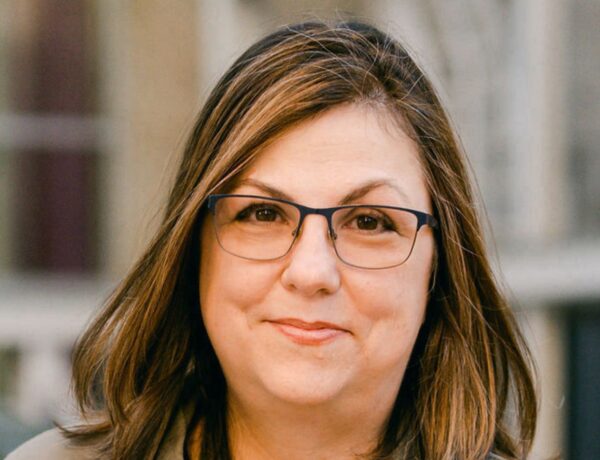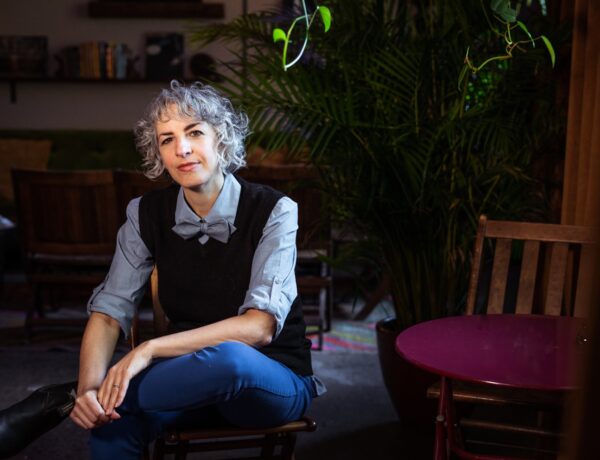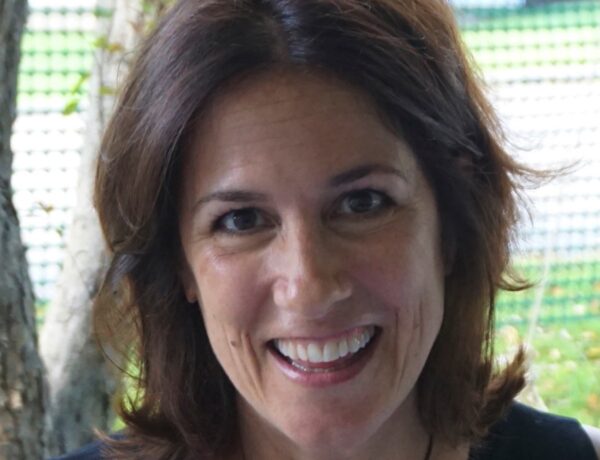Alan Bradley is a bestselling author and retired television broadcaster from Toronto, Canada. He has published children’s stories, lifestyle and arts columns in Canadian newspapers, and adult stories that have been broadcast on CBC radio and published in literary journals.
He has also written several screenplays and taught university-level courses in screenwriting. He is the recipient of the first Saskatchewan Writers Guild Award for Children’s Literature, and now resides on the Isle of Man after writing for several years on the Maltese island of Gozo.
His Flavia de Luce series, starting with The Sweetness at the Bottom of the Pie, has won multiple awards and been nominated for even more. The six books in the series have been New York Times bestsellers and are currently published in thirty-nine countries and thirty-six languages.
Looking for inspiration to help you achieve your writing goals? Subscribe to our newsletter for exclusive insights into the routines, habits, and techniques of some of the most celebrated authors in history.
Hi Alan! We’re delighted to have you as a guest on Famous Writing Routines. For our readers who may not be familiar with your work, could you please give us a brief introduction to yourself?
My first Flavia de Luce novel, The Sweetness at the Bottom of the Piewas published when I was 69. I had taken early retirement from TV broadcasting to write. The book won The Debut Dagger, awarded by the Crime Writers Association in the UK, then went on to win about another eight prestigious awards, including the Agatha Award, the Anthony Award, the Macavity Award,, the Arthur Ellis Award. the Dilys Award, and several other prestigious awards I’ve been told it was the most award-winning mystery ever published. I hope that’s true. It’s been published in thirty-some languages.
You have a background in television broadcasting and screenwriting, how has that influenced your writing style and approach to storytelling?
As a child I was always fascinated with playing with light and mirrors and coloured glass, especially in a dark room, which led (naturally) to television broadcasting engineering (with a side trip into being a motion picture projectionist).
Working in the front lines and behind-the-scenes allowed me to be in constant contact with some very creative people, who always seemed to welcome my opinion and consultation. But it was not until I retired that I really began becoming a sole creator.
The Sweetness at the Bottom of the Pie won multiple awards and was a New York Times bestseller. Can you talk about the experience of having your first book be so well received?
I suppose I was what my mother would have called a late starter, or a late bloomer. It was sad that she, and so many others of my family, were no longer alive to share the fun. I was overwhelmed by the reception the book received.
There didn’t seem to be enough people left to share it with. But how did I feel? Somewhat unreal. After a somewhat quiet life, I was suddenly visiting countries far and near, and meeting thousands of people. The attention you get makes you feel something of a humbug, so you have to hurry home to write another book to prove that you’re not.
The Flavia de Luce series has been optioned for television by Academy Award-winning producer/director Sam Mendes. Can you tell us about your involvement in the television adaptation and what you’re most excited to see brought to life on screen?
Things have changed in the past few years. Sam Mendes and his partners sold their production company to focus on other things. The rights to the Flavia books were then acquired by another production company, but were hampered by the outbreak of COVID. Things now seem to be back on track, and I look forward to making a couple of big announcements in the near future.

You have published children’s stories and lifestyle and arts columns in Canadian newspapers, as well as adult stories. How do you approach writing for different audiences and genres?
I don’t think there’s any difference. In all of these genres (I hate that word!) there’s a need to avoid nastiness and to write from a pure heart. There are enough problems in the world without inventing more. The Golden Age detective story is arm’s-length enough from reality to fulfill the reader’s need for gruesomeness, without any real offense.
Can you tell us about your daily writing routine and what helps you to focus and stay productive?
I do more reading than writing, although I sometimes wish it were the other way around. Because Flavia is talking to me all the time, even when I’m asleep, handing me snippets from some as-yet-unknown, overarching story, I also do a lot of listening, staring into space, and making notes. It’s a 24 hour a day, seven days a week job. Just like TV broadcasting!
Do you have any advice for aspiring writers on developing a consistent and productive writing routine?
As has been said many times by so many others:
(A) Sit down.
(B) Write.
There is no other way.
If you could have a conversation with an author throughout history about their writing routine and creative process, who would that person be?
Probably John Steinbeck. In Chapter 13 of East of Eden, he relates glory to creativity: the only person I know of ever to have done so. I’d love to ask him when and how he realized that.
What does your current writing workspace look like?
I write wherever I happen to be sitting at the moment. I’ve attached a photo. I’m presently at the end of a nine-foot long kitchen table, the other end of which can be used for spreading out maps or opening other books. It’s simplicity – and close to the coffee machine!

Affiliate disclaimer: Some links on this website are affiliate links. We may earn a small commission if you make a purchase through these links, but only promote products we truly believe in. We disclose affiliate links and give honest reviews.



1 Comment
Pat Shaw
May 2, 2023 at 08:12Love your F.de L books & have recommended them to others. Thanks